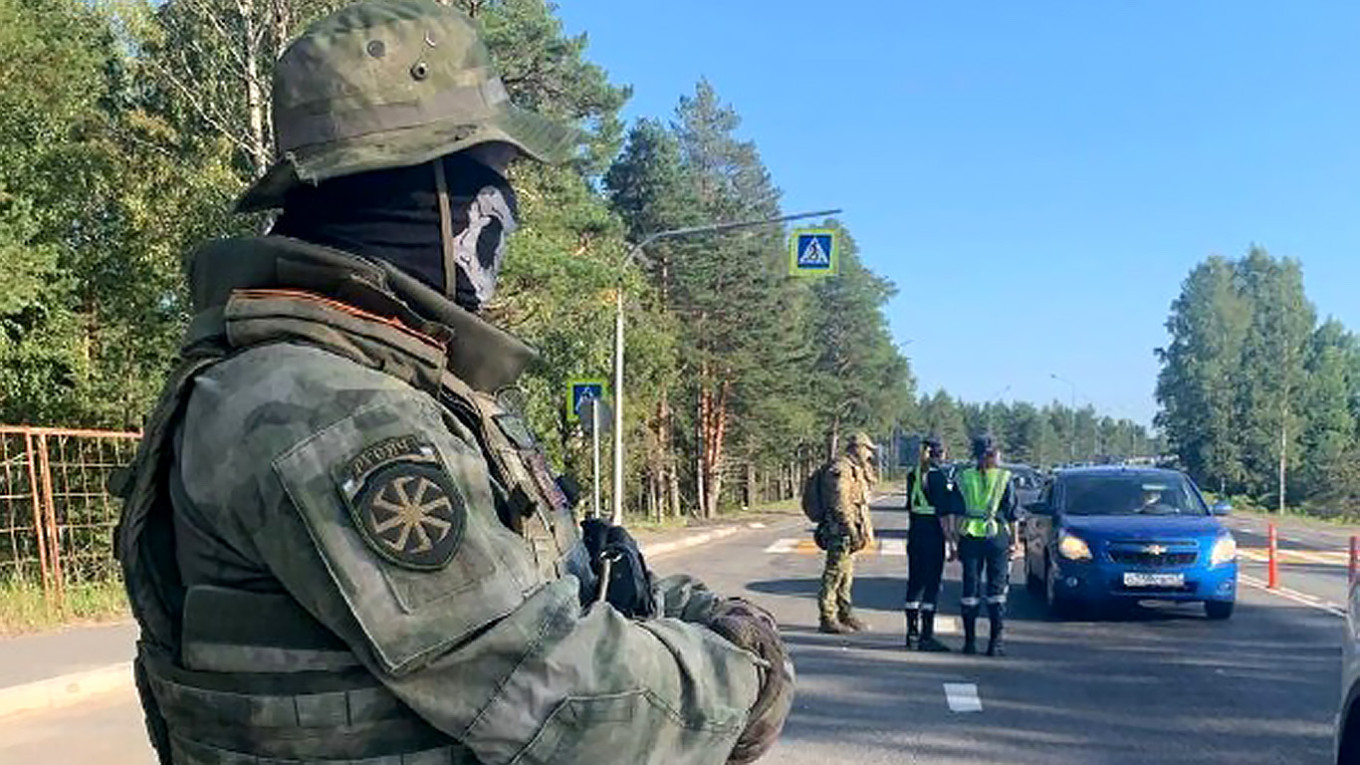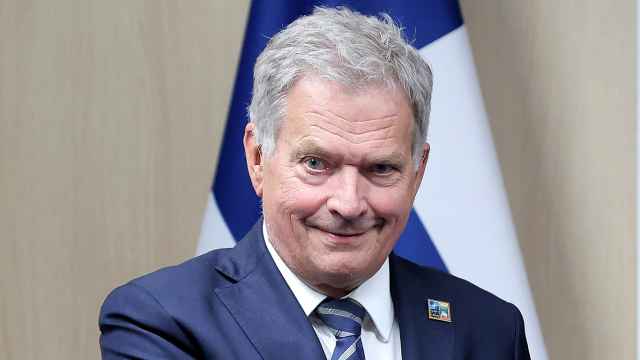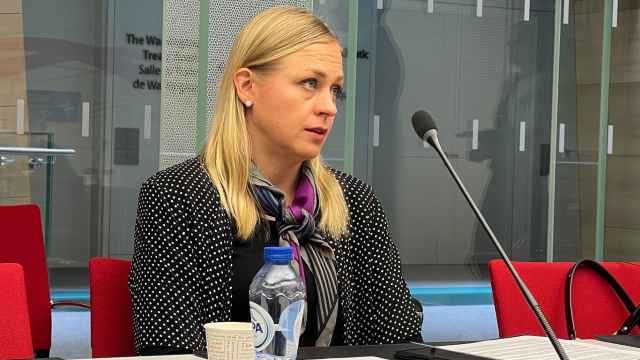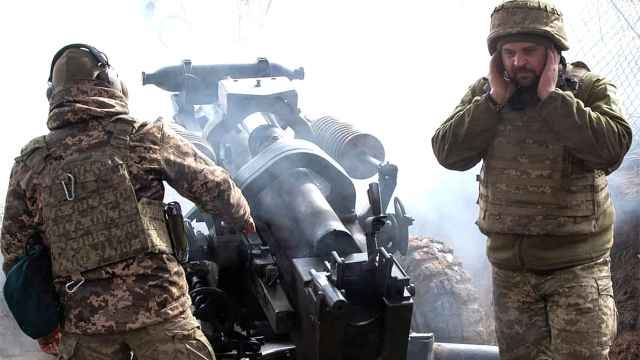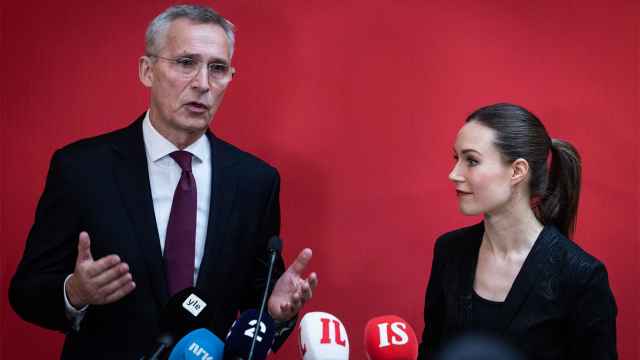It has been over a year since Finland became the 31st member of NATO. The move shows that the country, that has the longest border with Russia in the alliance, understands how crucial international alliances are to countering Moscow’s actions. But the West has to think long-term about how to stop Russia from regrouping from the war in Ukraine to strike elsewhere.
In response, Russia beefed up its activity along the Russian-Finnish border. This included the absorption of the Northern Fleet into the Leningrad Military District and the deployment of new military units in the north. Furthermore, in September 2024, it became known that the Rusich sabotage and assault reconnaissance group would guard the border along with the FSB. Rusich is a Russian neo-Nazi military organization, known for committing war crimes on the territory of Ukraine since 2014. The group’s leaders have been sanctioned by the U.S. and EU for “extreme cruelty” during fighting in Ukraine’s Kharkiv region and in connection with the neo-Nazi group’s involvement in the Wagner PMC.
Nevertheless, Helsinki has reasons to be skeptical that Moscow poses a threat to Finland at this moment, as the Kremlin's army has been significantly weakened by the war in Ukraine. The presence of Russian ground forces on the Kola Peninsula has been reduced by 80%. Russia has moved most of its military forces, which were concentrated on the border with Finland, into Ukraine. Published satellite images show that Russian military bases are practically empty.
Now, European countries, led by Finland, may question when and under what conditions these military bases will be filled with military personnel and weapons again. And if they do, what will happen next for Europe?
The sense of security enjoyed by many European countries, especially NATO members, can be misguided and lead to serious consequences. According to Yle, the Finnish intelligence service estimates that Russia will need 3-5 years to restore the combat capability of its armed forces after the war in Ukraine.
Despite having the longest border with Russia among NATO member states, Finland does not yet have NATO’s Forward Land Forces (FLF) stationed in the country on a permanent basis, as they are in eight countries along the alliance’s eastern flank. Lieutenant General Janne Jaakkola, commander of the Finnish Defence Forces, said that plans were still being developed for how NATO would organize its command structure and how allied forces could operate in Finland.
Negotiations are underway to determine whose troops will arrive in Finland. For example, Sweden is discussing the possibility of sending its troops to NATO’s multinational units to deploy and protect Finnish Lapland in the north. Helsinki and Washington have reached an agreement that will see Finland open 15 of its military facilities for possible use by U.S. forces, potentially including deployments in the country. Finland will also host a headquarters that will manage the defense of the Nordic countries and cooperate with the United States Joint Operations Headquarters.
Commenting on the threat from Russia, Lieutenant General Janne Jaakkola said that "there is no direct military threat to Finland" and that the development of the situation depends largely on the course of the war in Ukraine.
A similar opinion is shared by the former chief of Finnish military intelligence and recently elected member of the Finnish Parliament, retired Major General Pekka Tovere, who believes that the Russians will not have the resources to build infrastructure, produce new heavy weapons and deploy a significant number of troops along the Finnish-Russian border by 2030.
Therefore, Finnish leaders reacted to Moscow’s threats with restraint. At the same time, the risk of possible Russian aggression will remain high going forward. Against this backdrop Helsinki’s actions show that they are taking the threat seriously: the closure of border crossing with Russia, new powers for the border guard service to monitor radio communications, and a proposal to ban Russians from buying real estate in Finland, which Finnish officials believe is part of Russia’s attempts to influence Helsinki.
According to German intelligence analysis, the Kremlin could double its military power in the next five years and attack NATO countries potentially by 2026. According to Business Insider, a German intelligence report claims that Moscow is preparing for a military conflict with the West, as evidenced by the restructuring of the Russian army, the movement of Russian troops and the deployment of missile systems in the west of the country.
In its annual report, the Lithuanian intelligence service also spoke of Russia's preparations for a confrontation with NATO. According to their data, the course and outcome of the war in Ukraine will determine how quickly and on a large scale Russia’s military reform will be implemented.
It is clear that as long as Ukraine continues to fight against Russian aggression, peace will continue to prevail in the EU. It will take decades to rebuild the Russian army if Ukraine wins the war. Otherwise, if the war is frozen, the Kremlin will be able to recover its losses in the coming years.
At the same time, freezing the Russian-Ukrainian war at its current state risks widening the war in Europe and sparking conflicts around the world. Russia will use this period of deceptive calm to build up its own forces and destabilize Europe’s internal political situation.
It is clear that forcing Ukraine into a so-called peace on the Kremlin's terms is a capitulation that will not contribute to stability in the region.
The war in Ukraine is a test for the entire democratic world. After World War II, the West did not acknowledge Russia’s guilt in starting it or punish it for other wars, including the Soviet-Finnish one. It also forgot that the bloodiest war in human history began a week after Berlin and Moscow signed the Molotov-Ribbentrop Pact and then jointly occupied Poland. Now, it has a chance to put things right.
Ukraine, with the support of its allies, has demonstrated its ability to resist a much stronger enemy who expected a quick, victorious war. Today, the Ukrainian army under the command of General Syrskiy is neutralizing more than 1,000 occupiers every day, and the Ukrainian intelligence services DIU and SSU are attacking Putin's army 1,000 kilometers from the front line.
But no country, apart from the United States and China, would be able to resist Russia on its own. Despite the successes and dedication of the Ukrainian Defence Forces, Kyiv's defeat is only a matter of time without consistent military support. Then the question will be which country the Kremlin targets next. Therefore, by investing in the support of the Ukrainian Armed Forces, the West is also investing in its own security. Finland is a good example of this.
Finland is a country that is one of the leaders in the percentage of military aid to Ukraine as a percentage of its GDP. Since the beginning of the invasion, Helsinki has provided almost 3 billion euros in aid, which is equivalent to 1% of the country's GDP.
Finnish President Alexander Stubb noted that Finns should get used to the fact that the war will come closer to their borders, as “it is not far to fly from Helsinki to Kyiv.”
Finns remember well the Molotov "bread baskets" — Russian cluster bombs that rained on civilian towns during the 1939 war. Today, modernized "bread baskets" explode over the heads of Ukrainians every day. The main question Ukrainians pose to the world has not changed since February 2022: what comes next, destroying the evil empire or allowing it to retreat and regain strength to strike again?
A Message from The Moscow Times:
Dear readers,
We are facing unprecedented challenges. Russia's Prosecutor General's Office has designated The Moscow Times as an "undesirable" organization, criminalizing our work and putting our staff at risk of prosecution. This follows our earlier unjust labeling as a "foreign agent."
These actions are direct attempts to silence independent journalism in Russia. The authorities claim our work "discredits the decisions of the Russian leadership." We see things differently: we strive to provide accurate, unbiased reporting on Russia.
We, the journalists of The Moscow Times, refuse to be silenced. But to continue our work, we need your help.
Your support, no matter how small, makes a world of difference. If you can, please support us monthly starting from just $2. It's quick to set up, and every contribution makes a significant impact.
By supporting The Moscow Times, you're defending open, independent journalism in the face of repression. Thank you for standing with us.
Remind me later.



